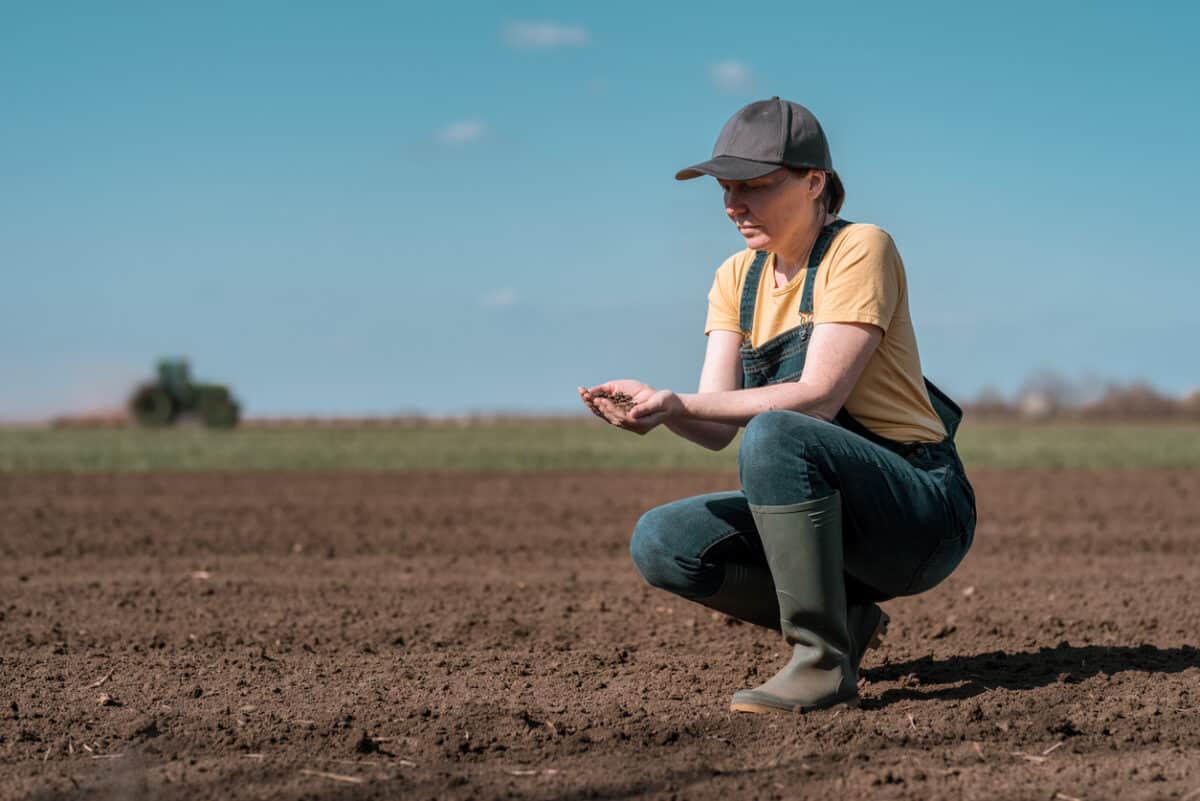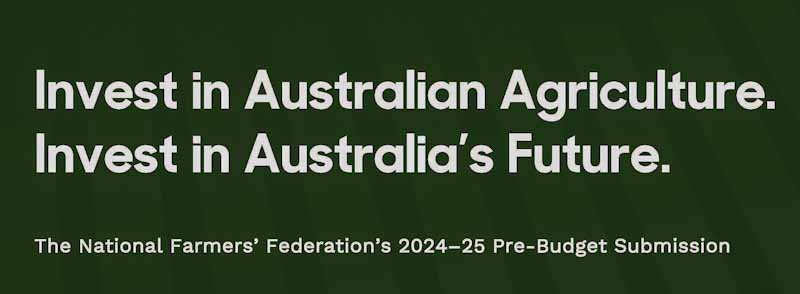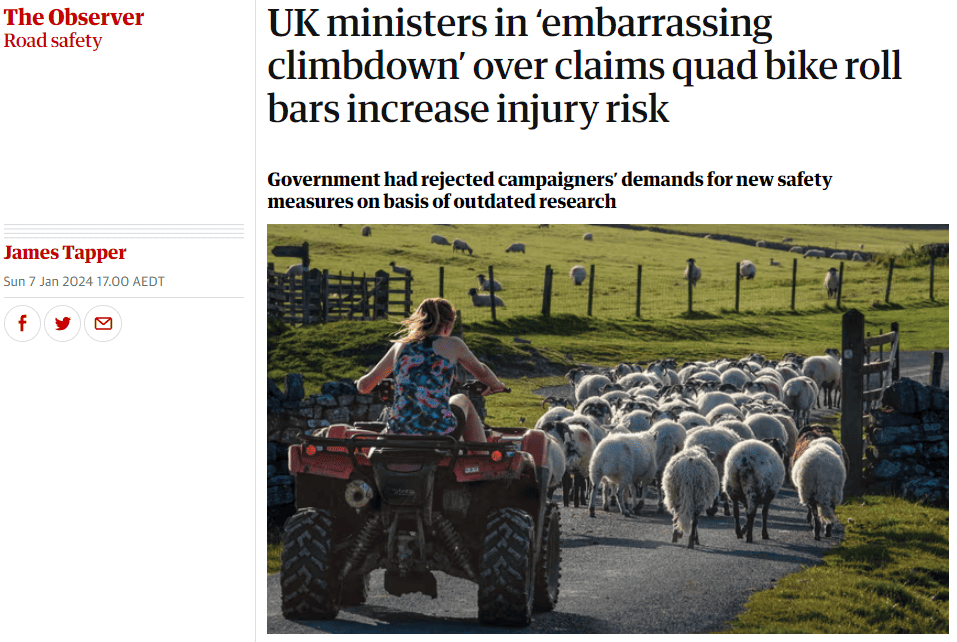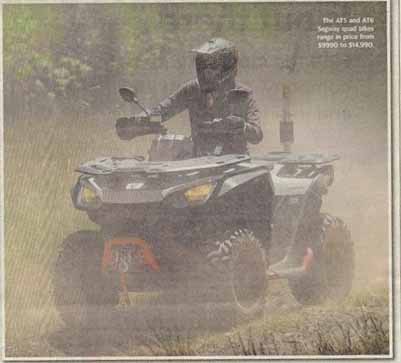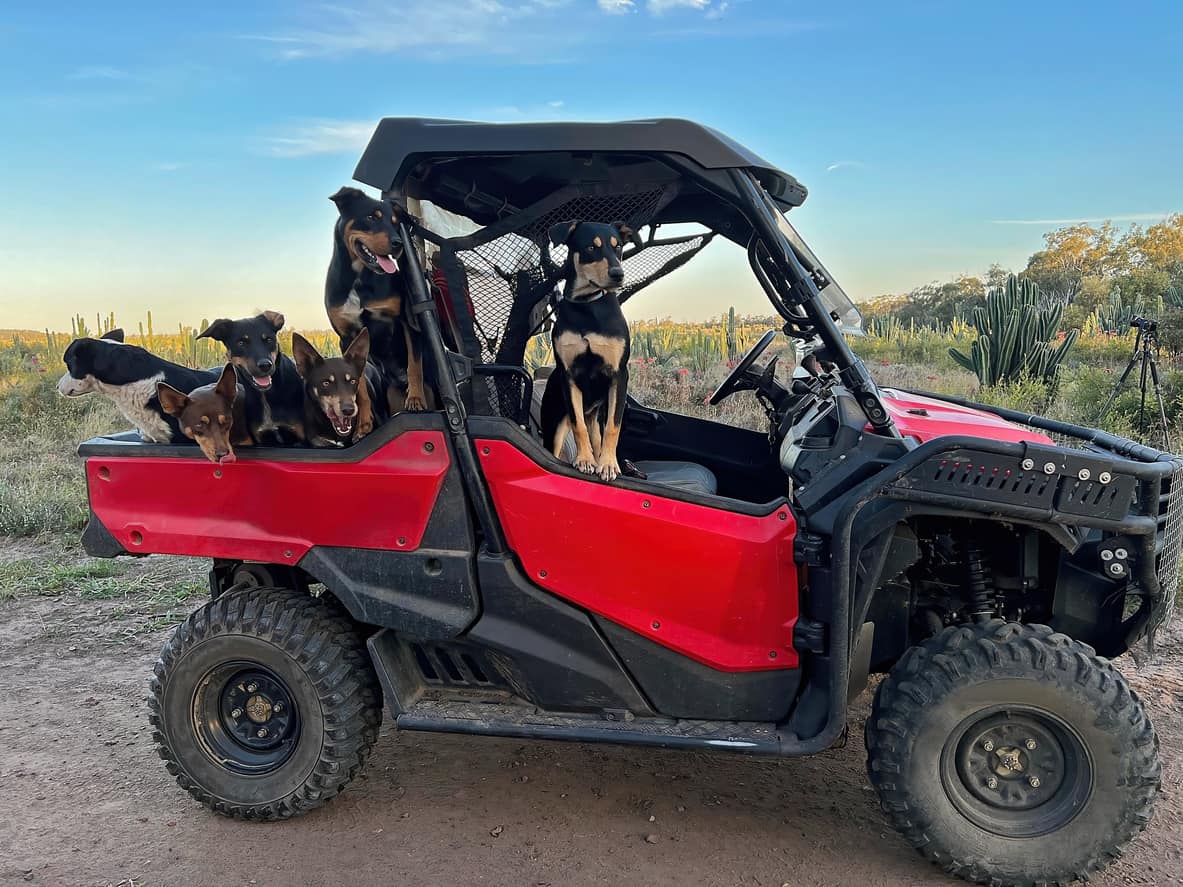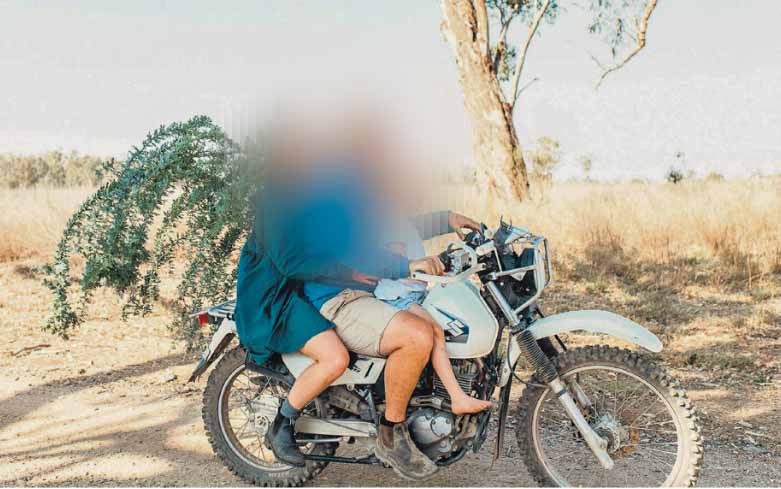As I write this, I am in a rooftop bar not far from the Astor Theatre, where the new Australian film ”Just a Farmer” is premiering. I am expecting a powerful story of the struggles of a farming family and community after one of their members dies by suicide. The film will likely touch on themes like the dearth of mental health support services in rural areas, the male-dominated culture of farming in Australia and the need and desire for more occupational health and safety (OHS) support services in the country. But it is the latter struggle that is most on my mind at the moment.
National organisations that support farm safety are not guaranteed the level of funding from governments they have received previously. Although the federal budget remains in surplus, it is politically expedient to keep the government purse strings tight in this time of high-interest rates and a cost-of-living crisis. This affects support services and programs for farm safety.

